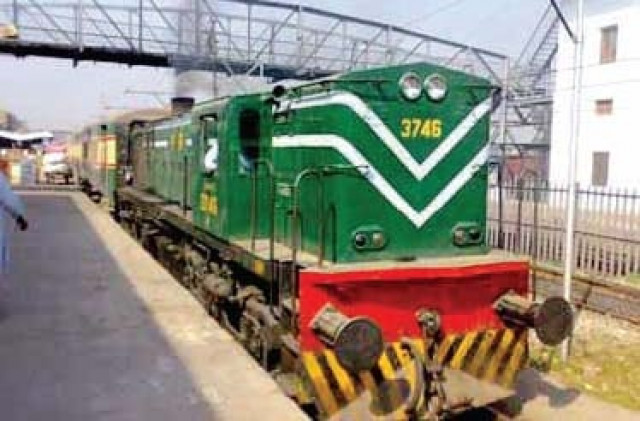Railways, Steel Mills taken off the chopping block
Decides to restructure Steel Mills, seven other companies rather than selling them off.

Railways, Steel Mills taken off the chopping block
In a major blow to the economic liberals in government, the federal cabinet decided against the privatisation of eight of the largest state-owned companies, including Pakistan Steel Mills.
Information Minister Firdous Ashiq Awan made the announcement after a meeting of the federal cabinet in Peshawar on Wednesday. She said that Prime Minister Yousaf Raza Gilani had decided that the Steel Mills, as well as Pakistan International Airlines and Pakistan Railways, should be restructured and made profitable while remaining within government ownership.
Awan was careful not to name which ministers had initially made the proposals, though it has been previously reported that Finance Minister Abdul Hafeez Shaikh has been advocating privatisation of loss-making state-owned entities as a means of reducing the federal budget deficit.
Shaikh has been quoted in the past as saying that these companies cost the government an estimated Rs250 billion – or about 1.4% of the total size of the economy – in annual bailout costs. PIA alone has lost the government well over Rs100 billion over the last five years and Pakistan Railways has requested about Rs50 billion worth of bailouts in the last two years alone.
At a minimum, Shaikh has insisted that the companies be restructured and run by professional managements (as opposed to civil servants) as a precondition to releasing the bailout funds. Awan announced some measures that would meet that condition.
For instance, she said that the Steel Mills board of directors would be restructured and expanded, from the current nine to twelve members. The government has earmarked about Rs30 billion for the bailout of the ailing company, but the money is expected to be released only after the government announces the appointment of a new CEO, which it is expected to do over the coming week.
Awan also said that the federal cabinet would be meeting more frequently – every week as opposed to every 15 days – and would have the matter of loss-making state-owned companies on its agenda. She also explained the reason for why the federal cabinet met in the provincial capital of Khyber-Pakhtunhwa instead of Islamabad: to recognise the renaming of the province from its previous Northwest Frontier Province.
In what appears to be an unprecedented recognition of minority communities by the government, Awan announced that the provincial governments had been asked to set up Christmas Bazaars to help the Christian community conduct their Christmas shopping by offering reduced prices at the special markets.
Published in The Express Tribune, December 15th, 2011.



















COMMENTS
Comments are moderated and generally will be posted if they are on-topic and not abusive.
For more information, please see our Comments FAQ